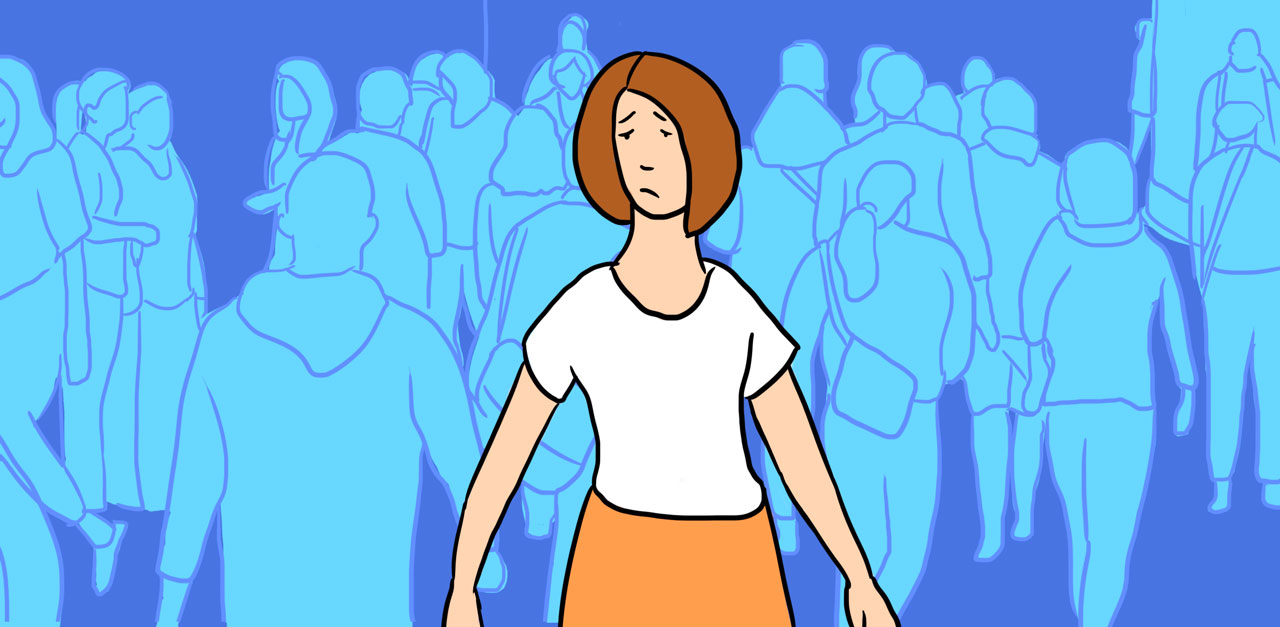
If you've ever known anyone who has suffered from dementia, then you know they don't suffer alone.
Dementia is a disease that weighs heavily not only on the person who has it, but also on their friends and families, as they watch someone they love become unrecognizable shadows of their former selves.
Dementia is a terrifying disease, and sadly, there isn't a cure for it (at least, not yet!). There's a lot of ongoing research that will help us better understand the disease, too.
For now, though, catching it early can truly make all the difference when it comes to managing the disease and slowing its progression. But how do you even know what to look for?
There are certain signs of dementia that make themselves apparent right away, and these early hints are crucial for catching the disease in its early stages.
You might notice that some of them look like fairly common habits, like forgetfulness or losing track of time. These things happen to everyone from time to time, especially during times of stress or hormonal changes.
However, if you start to notice it happening with someone you know and it seems more often than normal, take note of it. It might help them a great deal.
More from LittleThings: Man Donates His Sperm To Friends Then Asks To Introduce Their Kid To His Mom 7 Years Later
Learn the warning signs below and if you spot them in someone you know, speak up!
What Is Dementia?
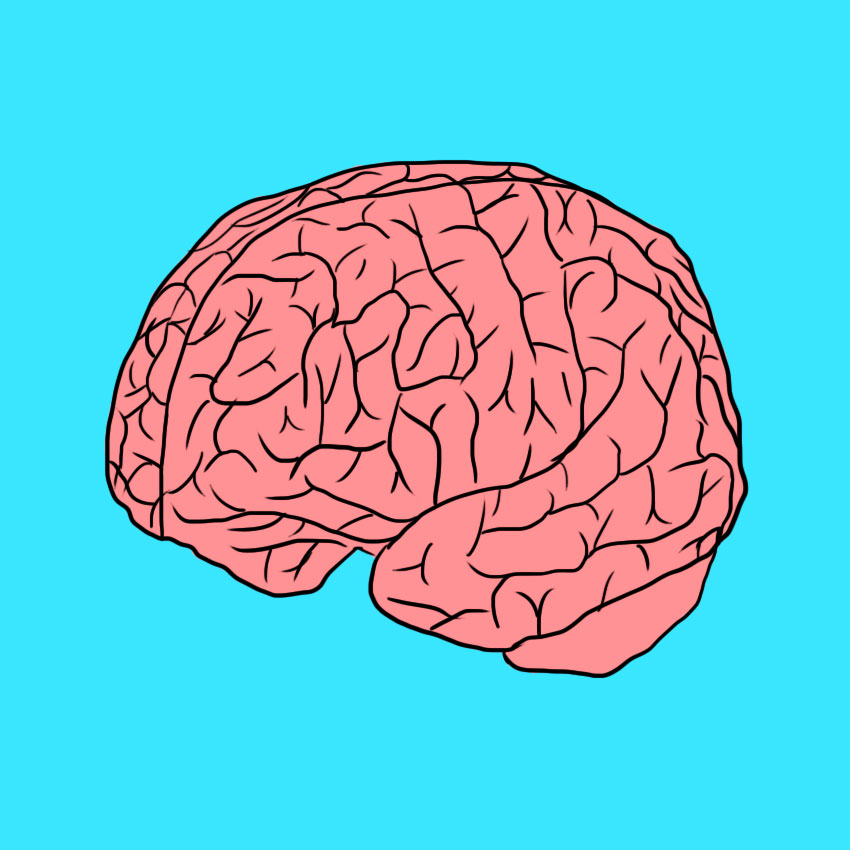
The term "dementia" can refer to any one of over 100 types of mental disorders, including Alzheimer's, Parkinson's Disease, Huntington's Disease, and many more.
Alzheimer's, though, is the most common form of dementia, making up 50 – 70% of all dementia cases.
When we say "dementia," it's an umbrella term for degenerative and incurable disorders that are characterized by a breakdown of the mind.
Warning Sign #1: Short Term Memory Problems
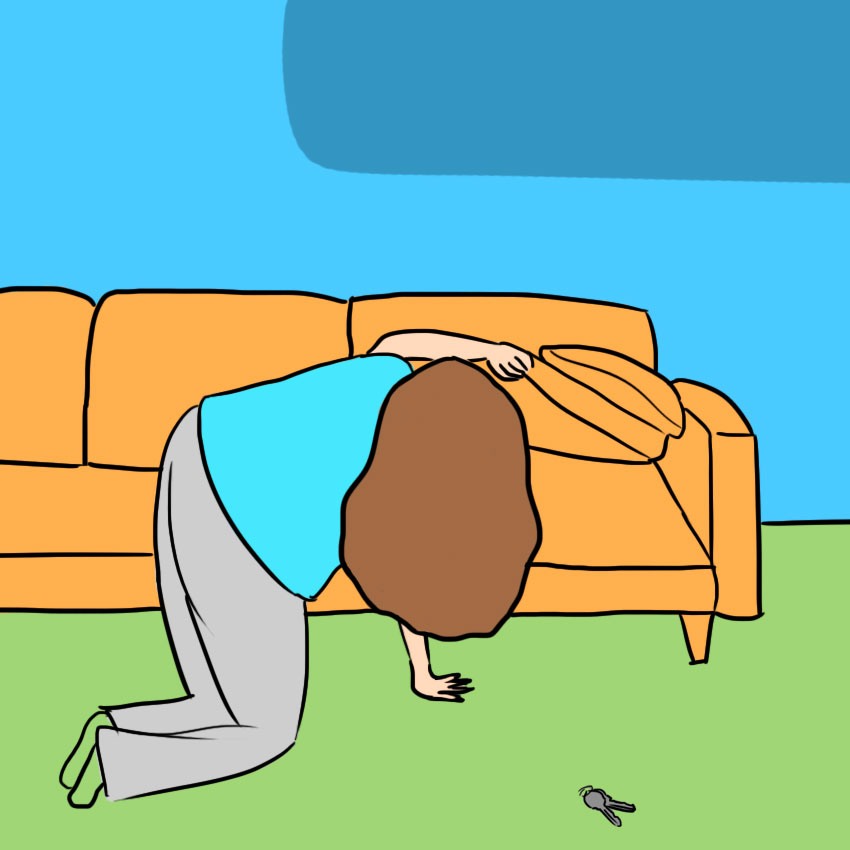
Everyone forgets where they placed their keys from time to time, but if you find that you're forgetting more and more things that just happened recently, it could be a sign of dementia.
With short-term memory problems, a person may be able to recall something that happened decades ago clearly, but not remember what they did the day before.
Warning Sign #2: Difficulty Choosing Words
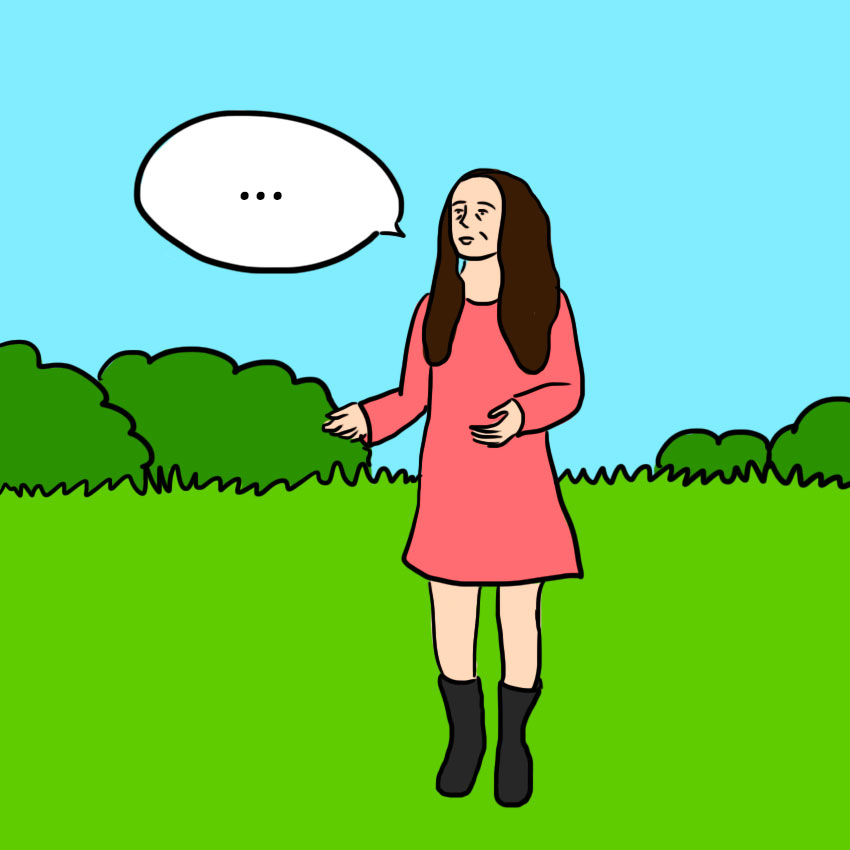
Word recall is another sign of dementia.
It will appear as though the speaker is fishing for a word but can't quite seem to get a grasp on it.
And they don't have to be fancy or even very specific words. It can happen with words you use many times a day.
This can slow down conversations and lead to frustration, but it also shows issues with the language centers of the brain.
Warning Sign #3: Mood Swings
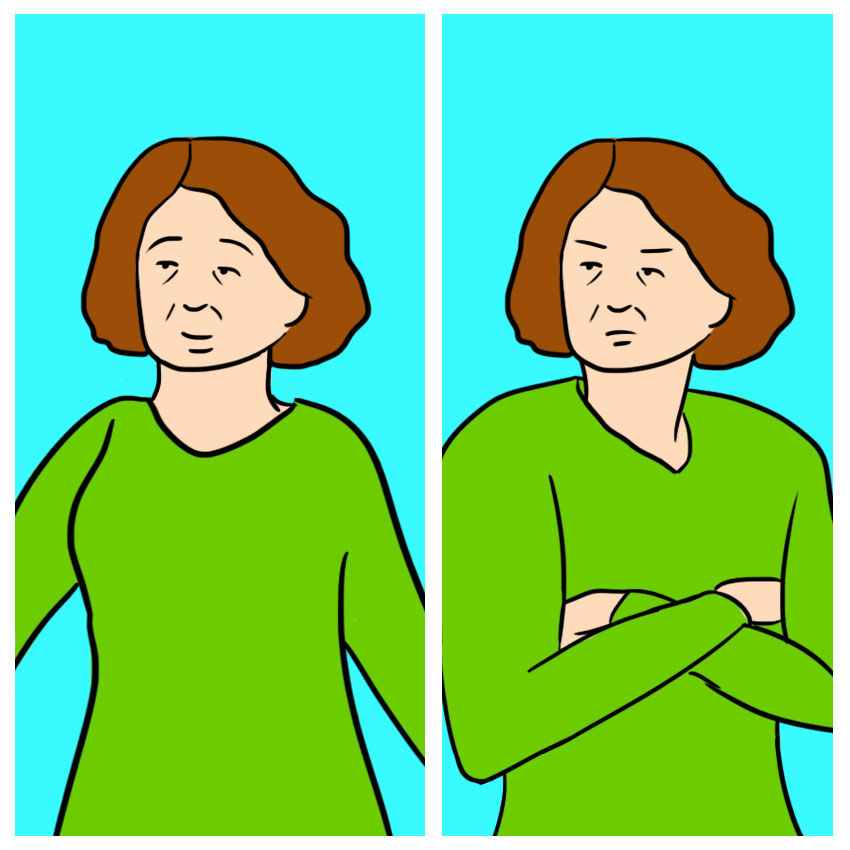
A sudden shift in mood is common in early stages of dementia.
Many times, dementia patients will go through periods of depression, but these aren't the only mood changes.
The swings can be anything, but they'll be sudden and unexpected, and they may not even relate to what's going on in the moment at all.
Warning Sign #4: Feeling Lethargic
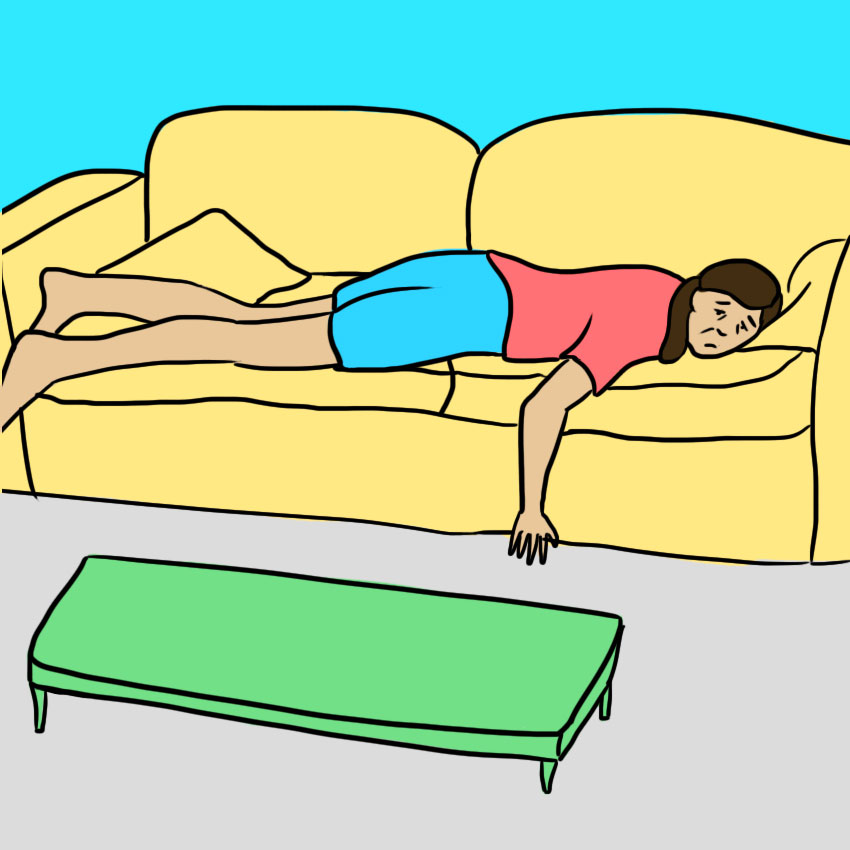
The depression that people with dementia feel may also manifest as lethargy.
The person may lose interest in a once-favorite hobby, or suddenly not want to go out any more.
Lethargy is also a sign of depression, so if this is the only symptom, it may not be dementia. However, if noted with other symptoms, it may be a sign.
Warning Sign #5: Problems With Concentration
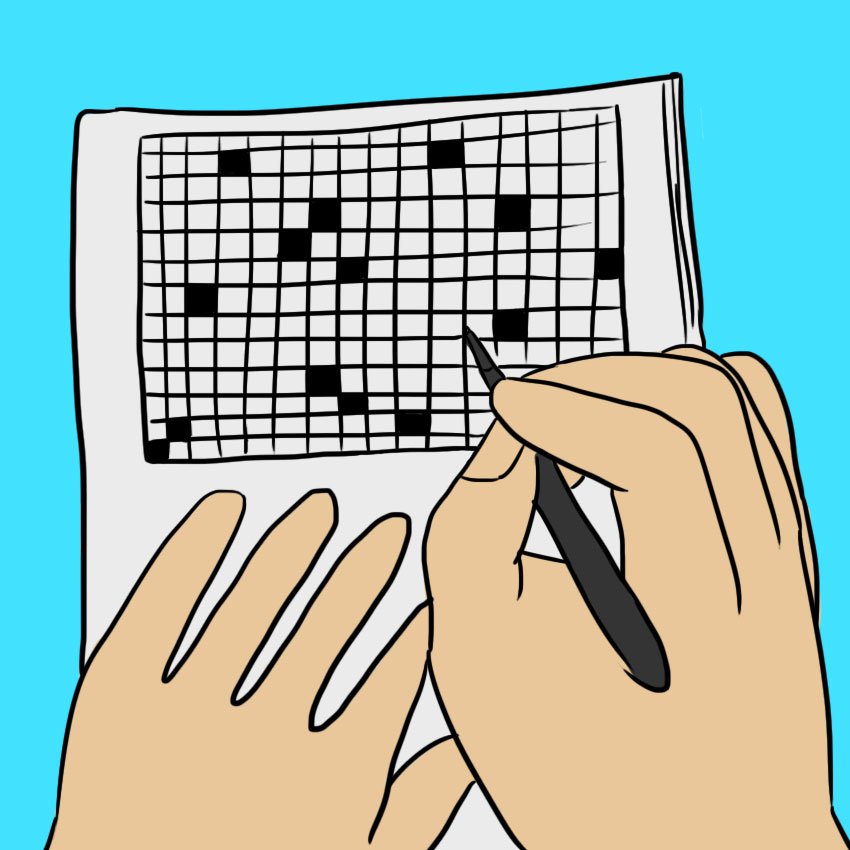
With dementia, concentration is affected, especially when it comes to solving problems or making plans.
They might find it hard to plan something out, or to follow a plan they've already made. Others find it suddenly difficult to deal with numbers.
Warning Sign #6: Finding Everyday Chores Suddenly Difficult
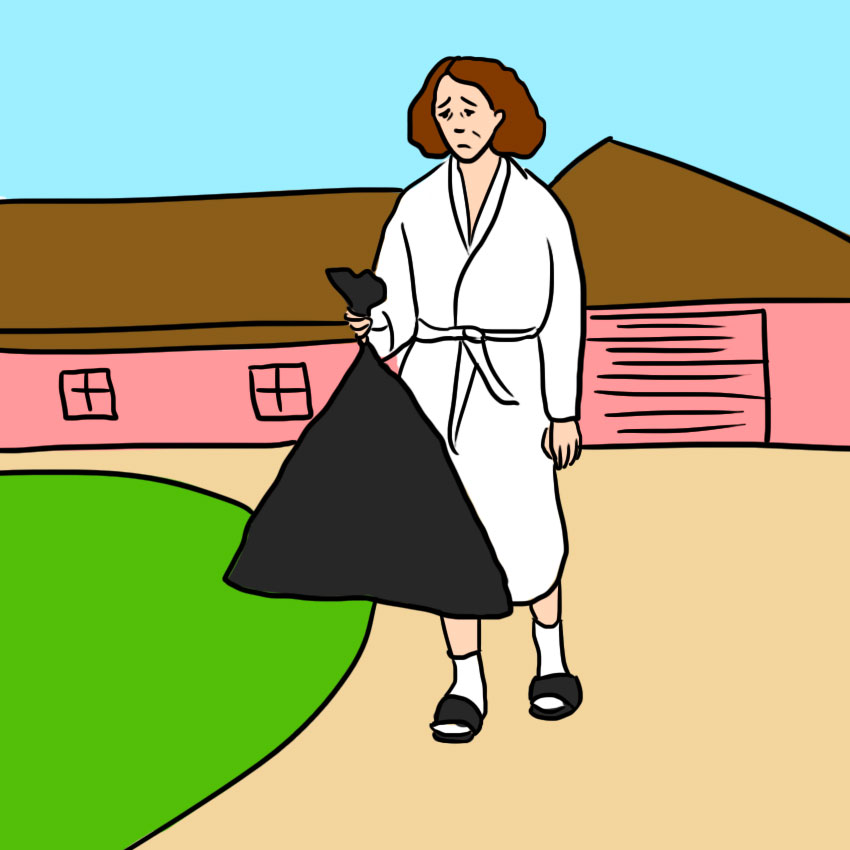
Even if they've been doing it for years and years, almost as second nature, an everyday task can suddenly seem confusing or impossible to someone with dementia.
This can be a household chore, driving to a place they've been many times, or remembering the order in which a task is performed.
Warning Sign #7: Trouble Understanding Time
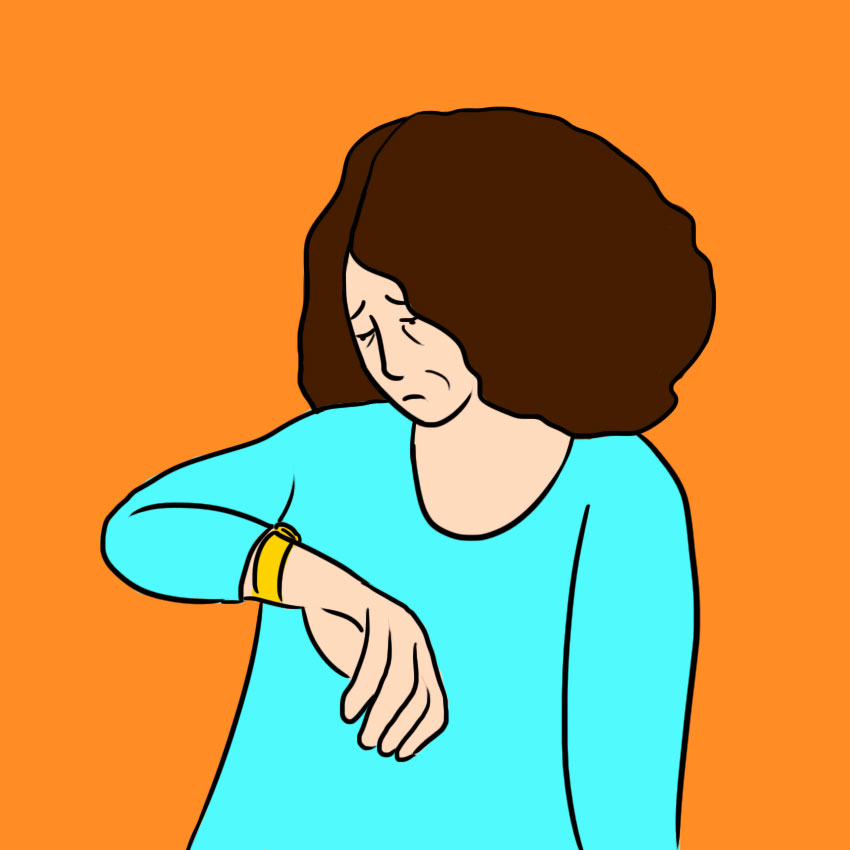
While the world works by measuring time, someone with dementia is no longer able to do that.
Minutes, days, and years seem all the same, and the passage of time suddenly stops meaning anything to them.
If you notice that saying something will happen in an hour, or tomorrow, or next week seems to mean nothing to someone, it may be a sign that their understanding of time has become altered.
Warning Sign #8: Having Trouble Remembering Where You Are
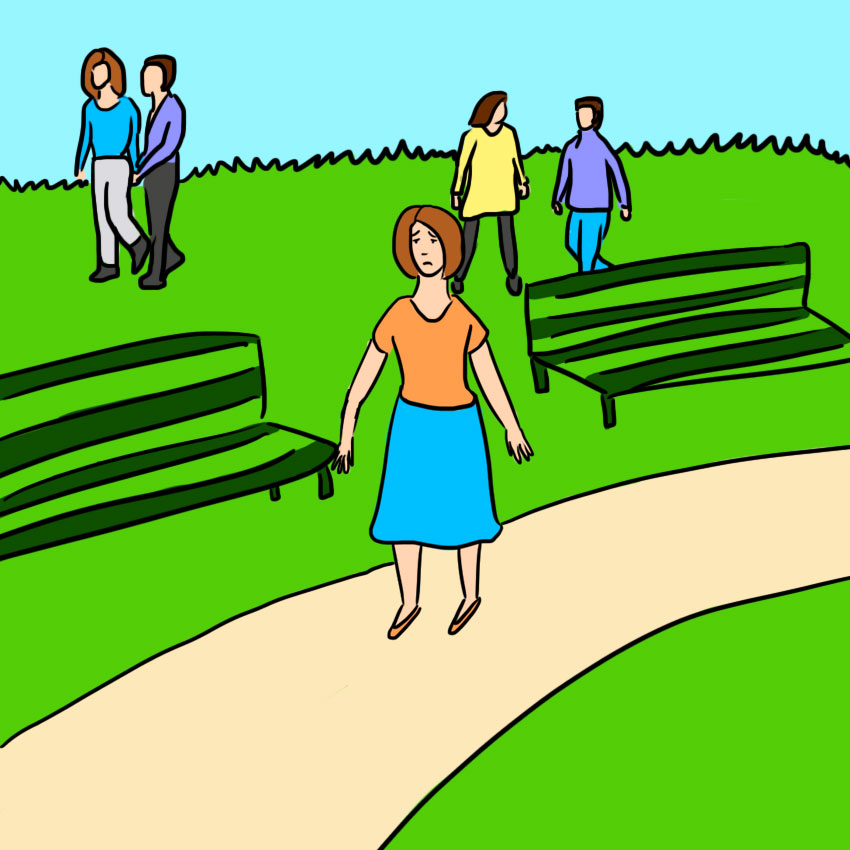
Just like it can be difficult to understand time, understanding space can be a challenge, too.
People with dementia will often suddenly not recognize where they are, even if it's somewhere familiar, or they'll have no memory of how they got to that place.
Warning Sign #9: Difficulty Writing

Just like it becomes difficult to choose words while speaking, choosing words while writing also becomes affected by dementia.
It can also be hard for them to concentrate long enough to put together a complete sentence, so doing something like writing a card or sending an email can become a drawn-out, frustrating task.
Warning Sign #10: Repeating
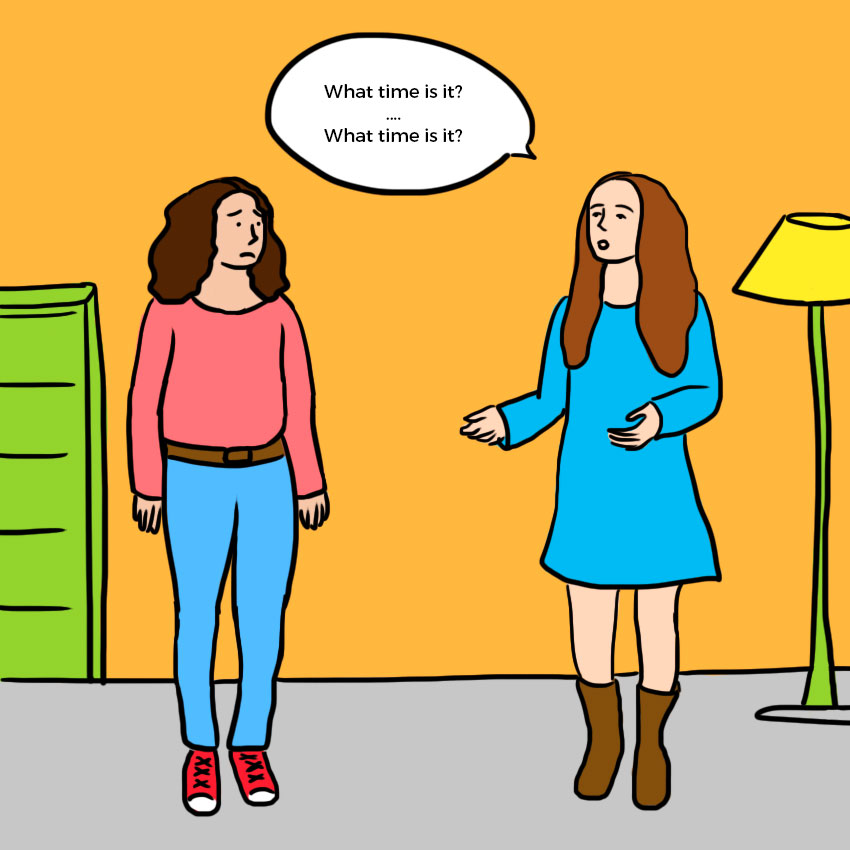
A major sign of dementia to watch for in someone is repetition.
This can be telling you something twice, asking the same question, or repeating a task they've already completed.
Warning Sign #11: Sudden Fear Of Change
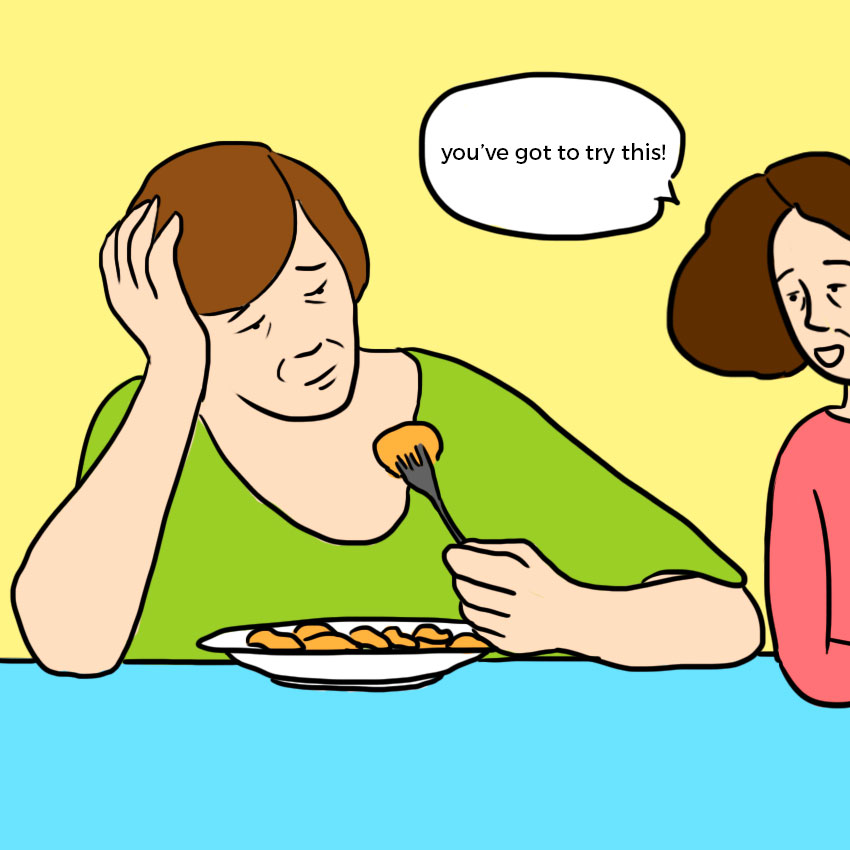
The worst part about the onset of dementia is that the person suffering from it is aware of the changes in their mind, and it's terrifying.
Because of this, they may suddenly start resisting any changes to routine, even small ones, for fear of forgetting what to do or becoming disoriented.
Warning Sign #12: Trouble Following Storylines
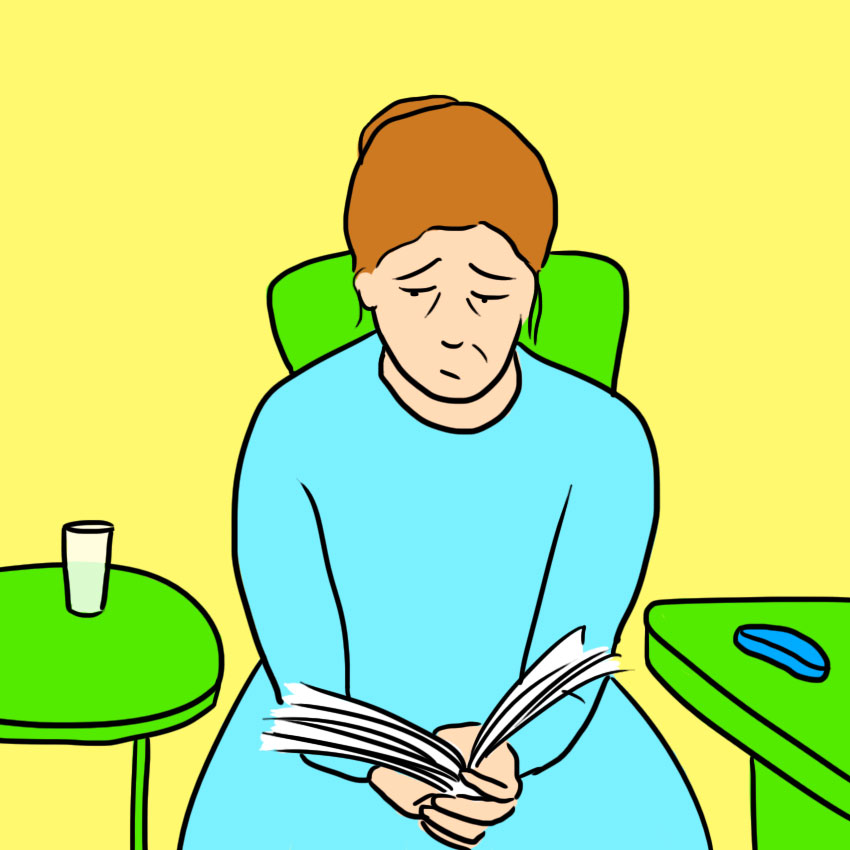
Focus and concentration suffer with dementia, and so following anything with a series of steps or developments — like how to do a craft or the story of a movie or book — are suddenly harder to retain.
What Can You Do If You Spot Any Of These Signs?
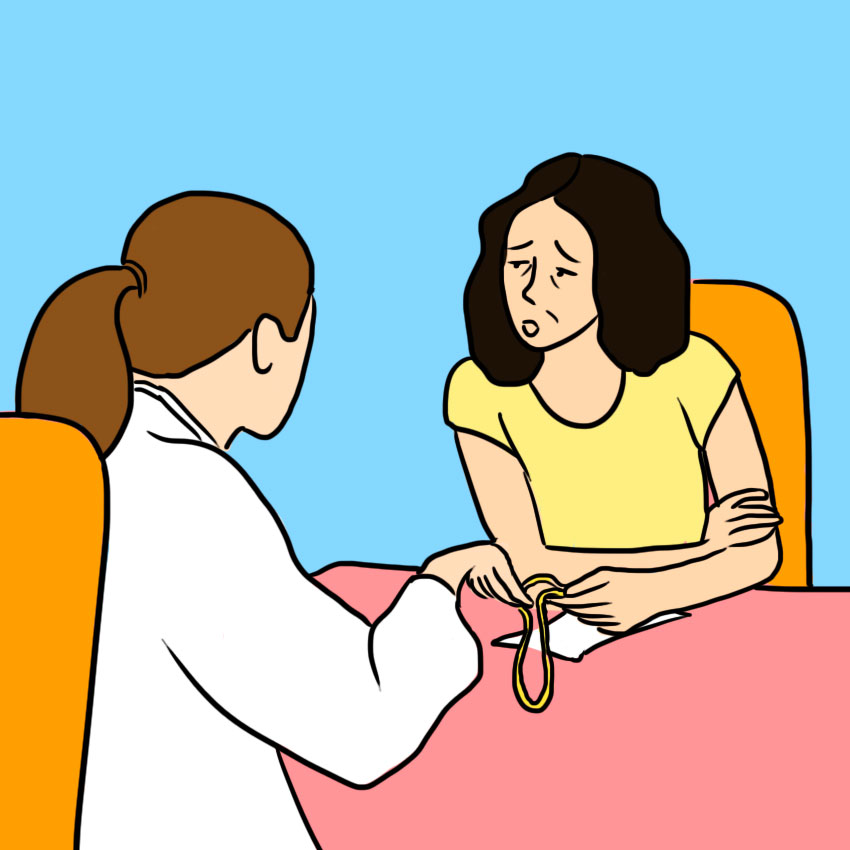
Unfortunately, dementia is incurable as of now.
However, getting an early diagnosis and starting a treatment plan as early as possible is the best thing to do, and can slow the progress of the disease considerably.
With the right support, as well as with counseling and care, dementia can be managed.
If you or someone you know might be experiencing these symptoms, talk to a doctor today, and check out the Alzheimer's Association website for information, support, and guidance.
And be sure to SHARE this important information with everyone you know.




